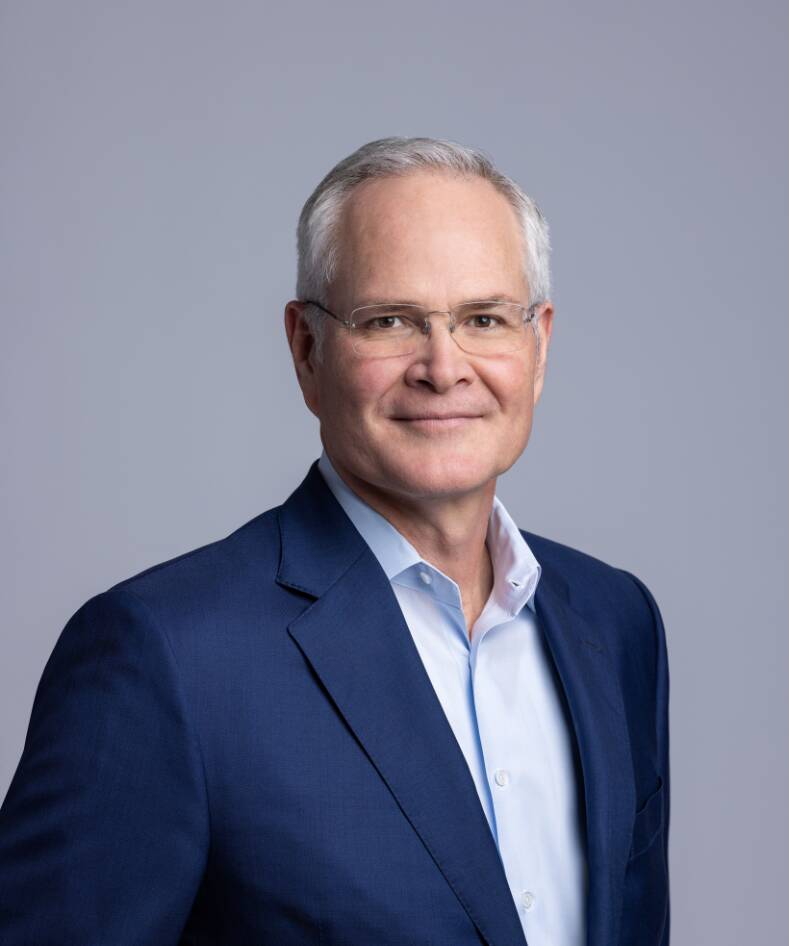Carbon capture and storage
We’re a global leader in carbon capture and storage
What is carbon capture and storage (CCS)? It’s capturing CO2 that otherwise would be released into the atmosphere, and injecting it into geologic formations deep underground for safe, secure and permanent storage. It’s a readily available technology that can significantly reduce emissions from sectors like refining, chemicals, cement, steel and power generation.
ExxonMobil is a global leader in CCS – a position further enhanced by our acquisition of Denbury Inc.
Latest news
2 min read
•2 min read
•2 min read
•2 min read
•2 min read
•The International Energy Agency calls carbon capture and storage one of the critical technologies required to achieve net-zero emissions and the climate goals outlined in the Paris Agreement.
We have cumulatively captured more CO2 than any other company – 120 million metric tons – accounting for approximately 40 percent of all the anthropogenic CO2 that has ever been captured.1
Watch the video
Let’s deliver reliable carbon capture and storage
Our carbon capture and storage (CCS) network can help reduce carbon dioxide (CO2) emissions for key industries in the U.S. Our combined assets now include:
- More than 1,300 miles of CO2 pipeline owned and operated – largest in the U.S.
- Multiple strategically positioned storage sites across the U.S. Gulf Coast
- The potential to reduce CO2 emissions by >100 million metric tons a year2
We’re also working to advance CCS around the world.
Explore more
-
Expanding our CCS operations in Louisiana with another project startup
Article •2 min read
• -
2025: Taking carbon capture and storage from momentum to impact
Viewpoints •2 min read
• -
Capture it. Move it. Store it: Three steps for reducing CO2 emissions
Article •2 min read
• -
Indonesia’s “and” solution for the energy transition
News •2 min read
• -
How we’re capturing carbon and storing it safely
Article •2 min read
• -
Calpine, ExxonMobil sign CO2 transportation and storage agreement for power generation project
News releases •2 min read
•










